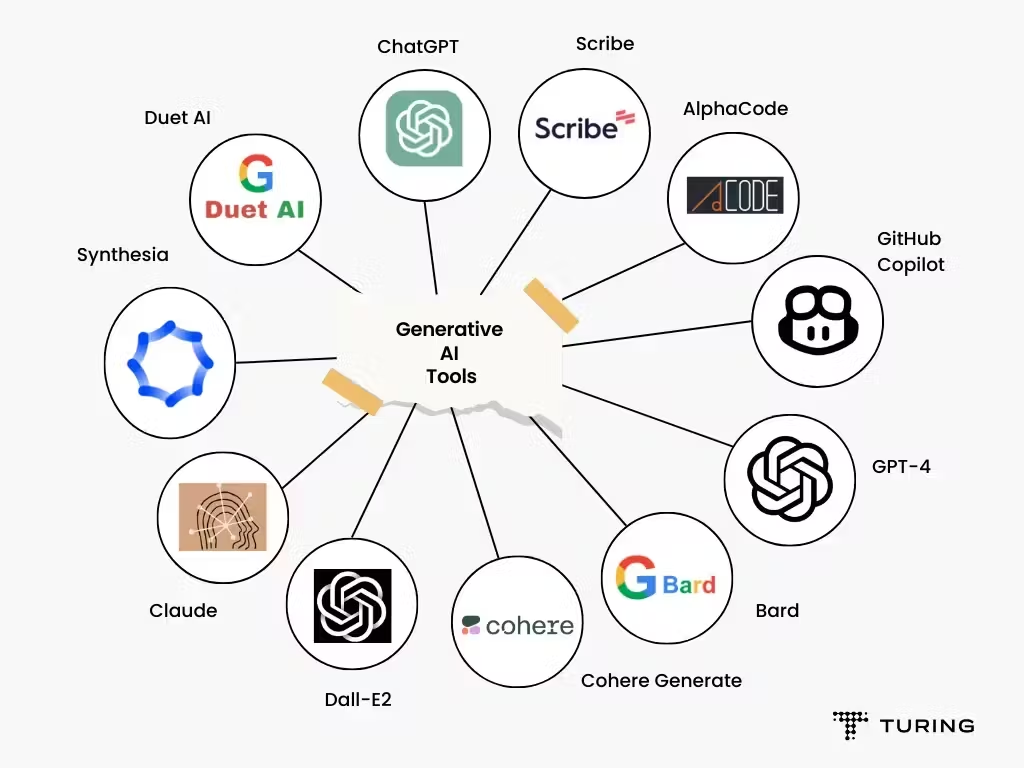Artificial Intelligence (AI) has rapidly evolved from a niche technology into a powerful tool that is reshaping industries, enhancing productivity, and transforming the way we create and communicate. From natural language processing to computer vision, AI tools are not only improving efficiency but also expanding the horizons of what is possible in both personal and professional settings.
What Are AI Tools?
AI tools encompass a broad range of applications powered by artificial intelligence, designed to perform specific tasks that traditionally required human intelligence. These tools utilize algorithms, machine learning, and data analysis to automate processes, generate Ai Tools insights, and enhance decision-making. Some popular categories of AI tools include:
- Natural Language Processing (NLP) Tools: These applications can understand, interpret, and generate human language. Examples include chatbots, language translation services, and writing assistants like Grammarly and ChatGPT.
- Image and Video Analysis: Tools in this category leverage computer vision to analyze images and videos, enabling applications in surveillance, healthcare (like radiology), and social media content moderation. Popular tools include Google Cloud Vision and Amazon Rekognition.
- Data Analytics Platforms: AI-driven analytics tools such as Tableau and Microsoft Power BI help businesses sift through large data sets to derive actionable insights, identify trends, and make data-driven decisions.
- Automation Tools: Robotic Process Automation (RPA) tools like UiPath and Automation Anywhere automate repetitive tasks, freeing up human workers for more complex activities.
- Creative AI: Tools like DALL-E and Runway ML leverage AI to assist in creative processes, generating art, music, and even video content, pushing the boundaries of artistic expression.
Benefits of AI Tools
- Increased Efficiency: AI tools can process information and perform tasks at a speed and scale unattainable by humans alone. This leads to significant time savings and allows employees to focus on higher-level functions.
- Enhanced Accuracy: By minimizing human error and utilizing vast amounts of data, AI tools can deliver more accurate results in areas like data analysis, diagnostics, and forecasting.
- Cost Reduction: Automating routine tasks reduces labor costs and increases operational efficiency, enabling businesses to allocate resources more effectively.
- Personalization: AI tools can analyze user behavior and preferences, providing tailored experiences in areas like marketing, customer service, and product recommendations.
- Innovation: By leveraging AI, businesses can explore new ideas and approaches, leading to innovative products and services that meet evolving market demands.



